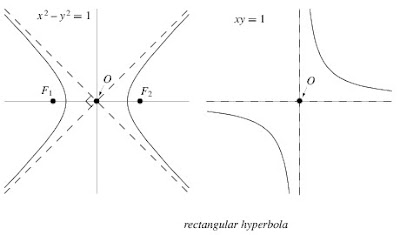For Ian Choo
On the arbitrary foundations that make up our worldview, and the limits of reason: Do we have ten fingers because the universe is base-10, or is our universe base-10 because we have ten fingers?
When Change Changes Everything
If you can count to ten, you can count to a hundred; and if you can count to a hundred, you can count to a thousand; and if you can count to a thousand, you can count to ten thousand—and so on.
We play the infinity game for a while: him asking me how big infinity is, or infinity plus one, or infinity plus infinity, followed by infinity plus any finite quantity his puny mind could come up with ad nauseam.
I wish he would have asked something cooler, like “Why 10?” What is so special about the quantity described by the number ten (henceforth referred to simply as “the number 10”) that we base our entire mathematical system and almost all of modern society on it?
10 isn’t some fundamental constant of the universe; it doesn’t embody some transcendental truth. I think it’s safe to say that our choice of 10 as a quantitative base was an arbitrary but natural result of evolution: we just happened to have ten fingers that were perfect for counting.
Of course, if I were more Biblically inclined, that previous paragraph would have read like this:
10 is a fundamental constant of the universe; it embodies the transcendental truth of God. It’s safe to say that our choice of 10 as a quantitative base was not arbitrary, but decided for us by God: He designed us in His own image to have ten fingers for counting His ten transcendental quantities. All Base 2 systems (and hence our entire digital revolution) are the work of the devil, and all Base 5 systems (such as those used in Southeast Asia) are rooted in godless Theravada Buddhism.
But what if we didn’t live in a base-10 world? What if we evolved 12 fingers (base-12), or decided to use both fingers and toes (base-20), or just the fingers on one hand (base-5)?
What if instead of fingers we evolved demonic hooves (base-2)?
What if instead of fingers we evolved demonic hooves (base-2)?
When I’m alone, I like to fantasize about life in a world that isn’t base-10. I am never able to explore these realms in any depth. The foundation of my worldview is so strongly grounded in our base-10 system that my head spins and it becomes physically and mentally anguishing to try and imagine anything else.
I think this is my brain trying to tell me that it too has limits: that it is not infinitely adaptable to change. When pressed, my brain becomes like a union worker threatening to strike: I will stop working (and you will suffer immensely) if you keep pushing me!
I think this is my brain trying to tell me that it too has limits: that it is not infinitely adaptable to change. When pressed, my brain becomes like a union worker threatening to strike: I will stop working (and you will suffer immensely) if you keep pushing me!
And thus have I come to understand the pain of a shattered belief system. This pain is why Europe was embroiled for centuries in wars over religion, and why separation of church and state is so important today. It is what pitted a Union against a Confederacy in the American Civil War, and it is why today we fight bitterly over the form of marriage even though we all fundamentally agree on its function.
It is why people still cling to their Bibles, and cling even harder when you try and take them away.
It is why people still cling to their Bibles, and cling even harder when you try and take them away.
Change is hard. Change is painful. Change is another crack in the foundation of your worldview—the foundation of all that is just and good and moral—that must be repaired.
When someone wielding a giant sledgehammer comes knocking on your door, you batten down the hatches and prepare for the fight of your life. When pressed, you can commit acts of atrocity never before seen upon your fellow man: better to go down with your ship than to abandon it.
When someone wielding a giant sledgehammer comes knocking on your door, you batten down the hatches and prepare for the fight of your life. When pressed, you can commit acts of atrocity never before seen upon your fellow man: better to go down with your ship than to abandon it.
When change changes everything—you have nothing left to lose.





